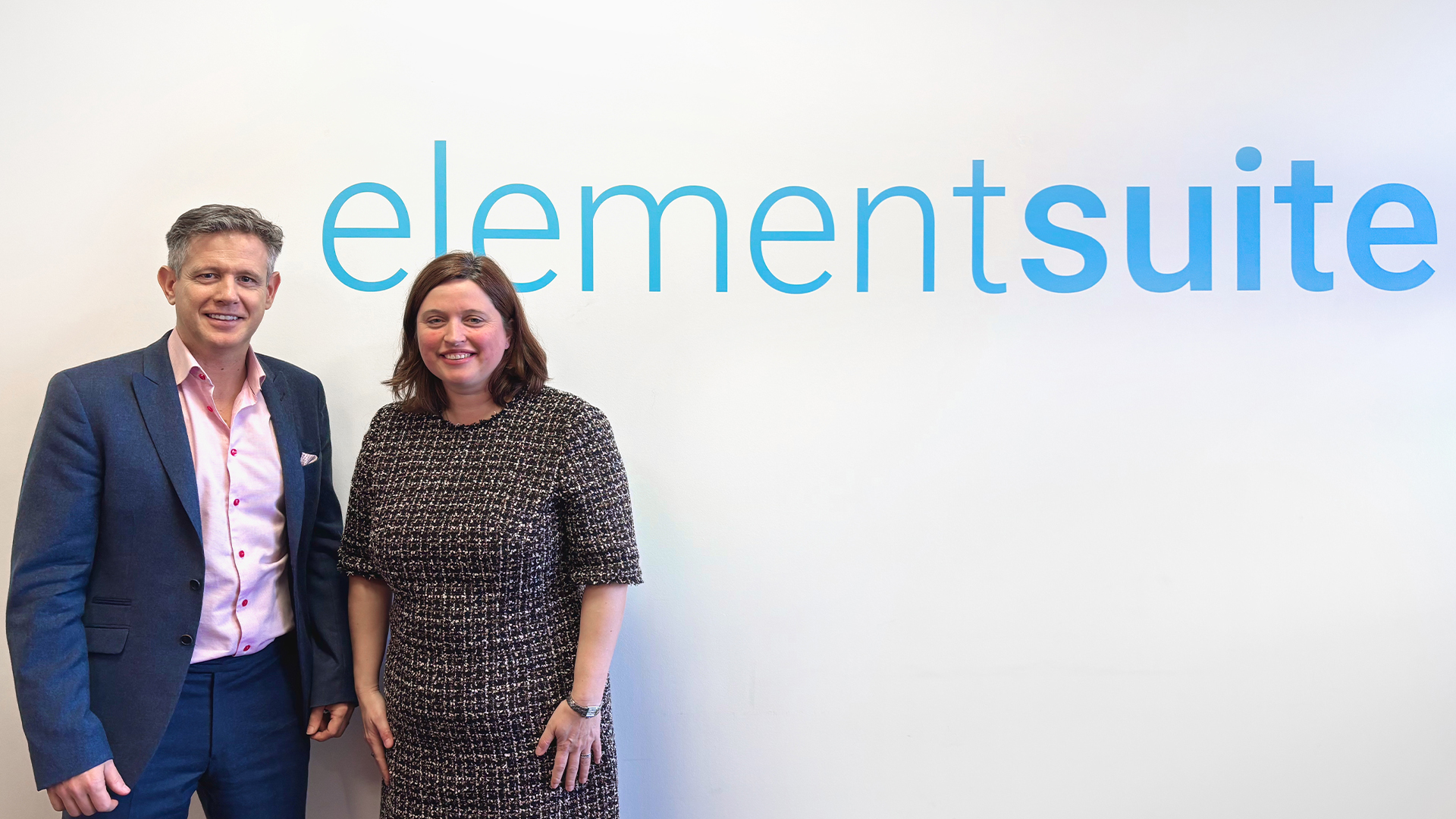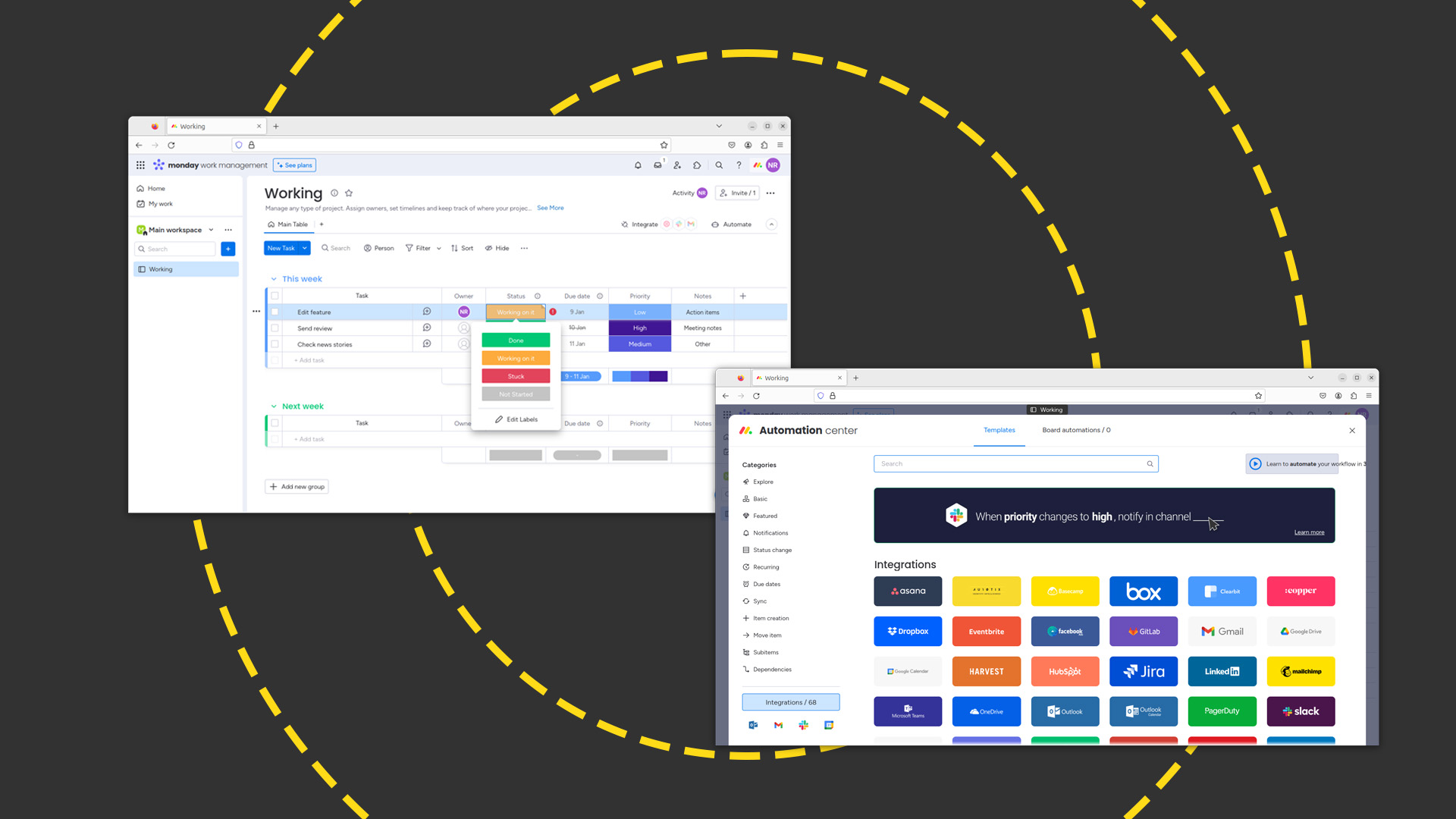CA's CTO Al Nugent: "Enterprise IT is like a lasagne"
On the eve of the closing day of CA’s annual user conference, its chief technologist talks about the strategic and technological direction of the management software firm.


We're not going to start trying to get into the firewall business, but we do work in the growing identity and access management (IAM) space. We traditionally spent a lot of money developing software for the bottom part of the stack too.
But now we're more focused on picking domains in which we can excel in a more business-oriented fashion.
Overall, taking the recipe metaphor further, I'd say EITM is like a lasagne; multi-layered with many different ingredients. But you can't make a lasagne without first making the tomato sauce, then the bchamel sauce and so on. It depends on what particular cuisine you're aiming for too. Let's say that, whatever recipe' the business chooses, it will most likely use IP [internet protocol] addressable devices, and how you govern, manage and secure that is going to have profound implications for other areas of the IT and business.
Can you give us a tangible example of how the CA approach to EITM has evolved to where it is today?
Take employee on boarding'. It's just one part of the lifecycle of an employee identity. So we've created an abstraction from the processes needed to support employee on boarding that takes a set of pre-existing ingredients to combine them, like the lasagne, to be interoperable according to this particular process. It's still work in progress, but we've been building products that will be out early next calendar year that will provide an integration platform for managing such processes.
The good news is that, if these tools are used at any point, they will add value if you decide to rip and replace existing products or not. We're one of the few vendors committed to making sure the IT organisation doesn't have to rip out [BMC] Remedy, for instance, in order to use our monitoring and automation products. It would be a fool's errand to suggest companies do that, because the likes of these management tools create processes that become more sticky over time. We're designing our products in a way that you don't have to touch the underlying operational processes that already exist if you don't want to.
Not many vendors make as much of the interoperability of your products with those of other vendors. Given the growing complexity of modern enterprise IT architectures how have you managed to develop products that you know can deliver on this promise?
Get the ITPro daily newsletter
Sign up today and you will receive a free copy of our Future Focus 2025 report - the leading guidance on AI, cybersecurity and other IT challenges as per 700+ senior executives
It's all about getting the early design work done generically enough that it can be content driven. For example, our data centre automation product manages just data centres right now. But could we do an IAM automation product using the same engine? Absolutely. The engine handles the automation of the services. But it only takes on a certain behaviour when you apply content to it. How you provision the engine is art of it.
But we've also had our people go out there and share the content requirements with real business people. The essence of the success of this approach is that, in order to be good at designing engines like this, you have to hire real' architects. That's meant with no disrespect to other IT architects.
But take construction, for example. An architect will design the house, but not build it. They rely on construction experts for that. But they still have to know how to design that house in order to be buildable'. We only have maybe a couple of dozen architects like this in an organisation of some five thousand people. So they have an important job to play in mentoring and interacting with the business architects. We're in the business of practical innovation.
Click here to read more coverage from CA World 08.
A 25-year veteran enterprise technology expert, Miya Knights applies her deep understanding of technology gained through her journalism career to both her role as a consultant and as director at Retail Technology Magazine, which she helped shape over the past 17 years. Miya was educated at Oxford University, earning a master’s degree in English.
Her role as a journalist has seen her write for many of the leading technology publishers in the UK such as ITPro, TechWeekEurope, CIO UK, Computer Weekly, and also a number of national newspapers including The Times, Independent, and Financial Times.
-
 Bigger salaries, more burnout: Is the CISO role in crisis?
Bigger salaries, more burnout: Is the CISO role in crisis?In-depth CISOs are more stressed than ever before – but why is this and what can be done?
By Kate O'Flaherty Published
-
 Cheap cyber crime kits can be bought on the dark web for less than $25
Cheap cyber crime kits can be bought on the dark web for less than $25News Research from NordVPN shows phishing kits are now widely available on the dark web and via messaging apps like Telegram, and are often selling for less than $25.
By Emma Woollacott Published
-
 More than half of UK enterprises regret at least one software purchase – here’s how to prevent buyer’s remorse
More than half of UK enterprises regret at least one software purchase – here’s how to prevent buyer’s remorseNews More than half of UK enterprises regret at least one software purchase they've made in the last 18 months.
By Emma Woollacott Published
-
 Zellis snaps up AI-powered HR software firm elementsuite
Zellis snaps up AI-powered HR software firm elementsuiteNews Elementsuite will be integrated with Zellis’ own payroll and HR software offering
By Daniel Todd Published
-
 ‘SaaS dependency’ is becoming a major issue for tech leaders
‘SaaS dependency’ is becoming a major issue for tech leadersNews The survey highlighted issues around maintenance, innovation, and data
By Emma Woollacott Published
-
 Monday.com review: Work management platform works best when you pay for it
Monday.com review: Work management platform works best when you pay for itReviews The versatile 'Work OS' skilfully balances power, flexibility, and ease of use
By Nik Rawlinson Published
-
 How big is the Windows 10 cliff-edge?
How big is the Windows 10 cliff-edge?ITPro Network With some comparing the upcoming Windows 10 end of life to Windows XP, we ask members of the ITPro Network for their insight
By Jane McCallion Published
-
 Rolls-Royce is empowering citizen developers through Power BI
Rolls-Royce is empowering citizen developers through Power BICase Study The rise in employee-led development communities have the power to exceed any CIO’s expectatons
By Rory Bathgate Published
-
 New Microsoft Teams features for business users
New Microsoft Teams features for business usersIn-depth All the latest Microsoft Teams features after the platform is given a redesign, complete with an AI-powered assistant and a faster engine
By Danny Bradbury Published
-
 Oracle’s Java subscription changes spark concerns over cost hikes for smaller businesses
Oracle’s Java subscription changes spark concerns over cost hikes for smaller businessesNews Smaller businesses could incur significant cost hikes as high as 1,400% with most new customers expected to pay at least double
By Ross Kelly Published